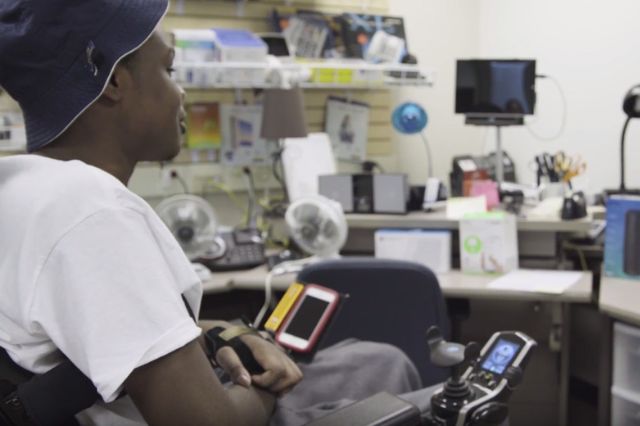Guillain-Barré syndrome and Zika: What's the Latest?
Updates on Guillain-Barré Research
Concerns over the Zika virus grew in 2017, especially as new cases quickly spread around the world. In fact, the World Health Organization (WHO) officially declared the Zika virus a Public Health Emergency of International Concern that year.
Although the Zika virus – which is spread to people primarily through a bite from an infected Aedes species mosquito – typically only results in mild illness, it may carry devastating consequences for some people, including a link between Guillain-Barré syndrome and Zika.
In 2017, the most widely reported incidence was a surge in cases of microcephaly among babies born to women who contracted the virus during pregnancy. This finding prompted widespread travel restrictions for pregnant women. Microcephaly can restrict brain development, leading to abnormally small head size and severe brain damage.
Is there a link between Guillain-Barré syndrome and Zika?
Some evidence shows the mosquito-borne Zika infection may also trigger Guillain-Barré syndrome (GBS). GBS is a rare condition in which the immune system attacks the peripheral nervous system. For some, GBS can be quite serious, causing muscle weakness, sensory problems, pain and sometimes, paralysis. Many people need intensive medical care and a Guillain-Barré treatment program to improve quality of life.
Because of the sharp rise in GBS cases in 2017 in many regions where Zika outbreaks began, international researchers are hard at work, trying to understand the relationship between Guillain-Barré syndrome and Zika. It seems there is something to it. Mounting evidence and GBS research is showing that as Zika virus cases spiked, there was a dramatic rise in cases of GBS, which led some health officials to suggest that watching for increases in GBS may be one way to identify outbreaks of the Zika virus.
Download a PDF of our Guillain Barré syndrome fact sheet.





